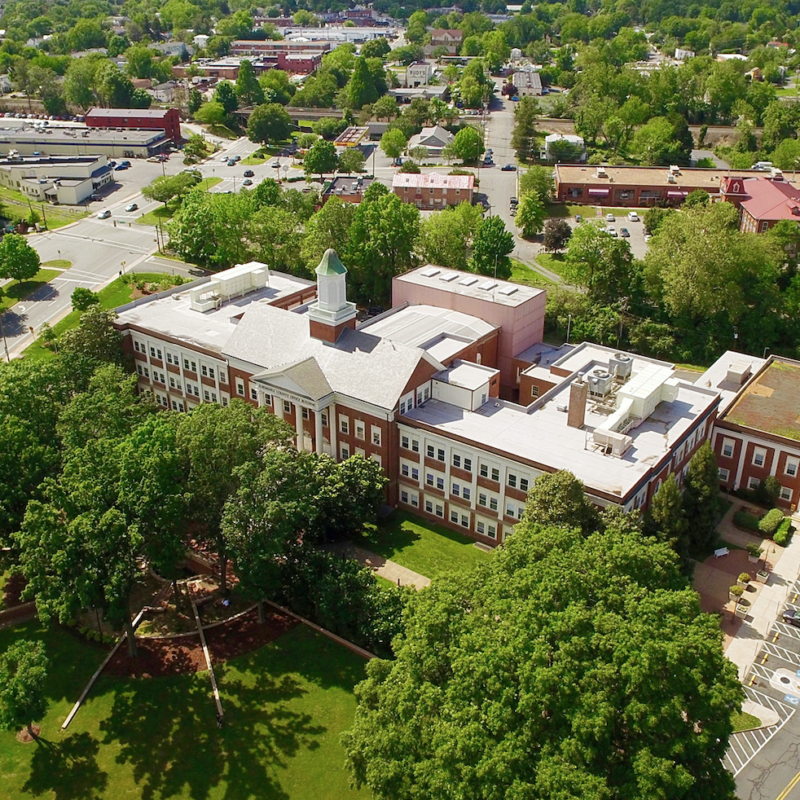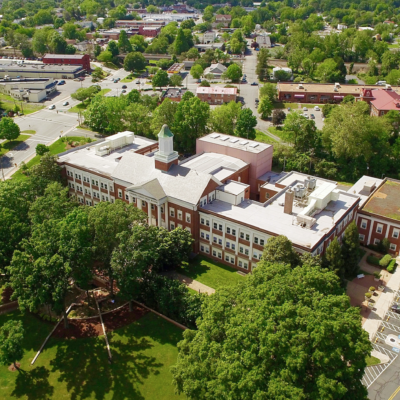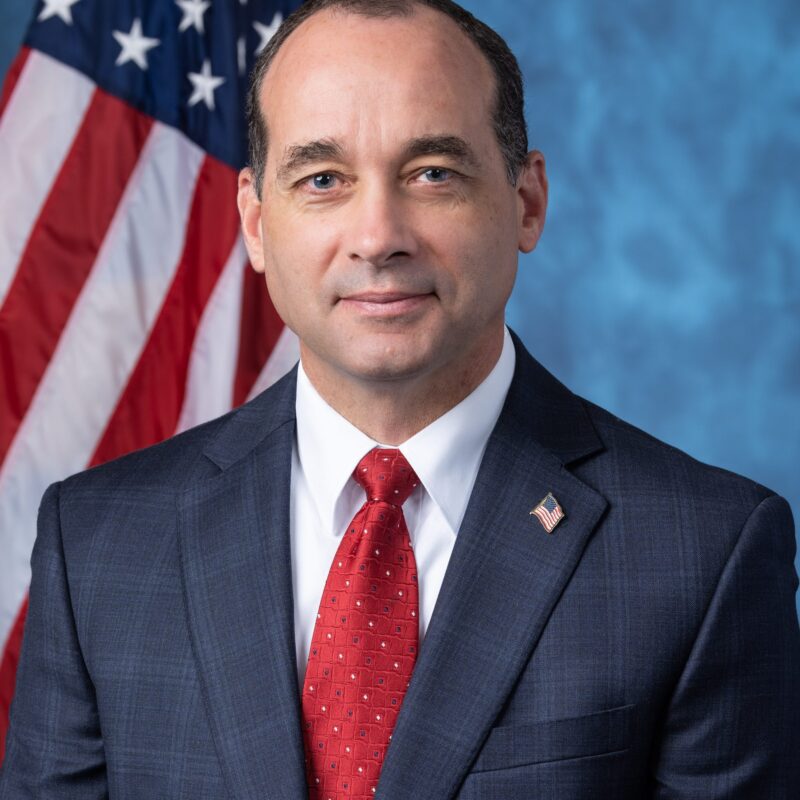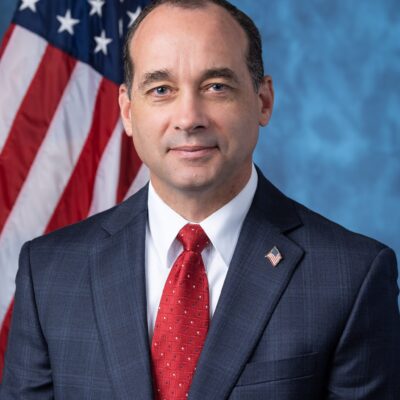
Starting in the 1960s, college radio emerged as a freewheeling alternative to the rigid playlists of bigger stations. The medium really hit its stride in the 1980s, though, when bands like REM routinely jumped from college radio to superstardom. Now, however, independent radio occupies a precarious spot, beset on all sides by numerous new technologies, trends and outlets. We recently spoke with WTJU’s resident college-rock historian about the state of college radio today and the role it continues to play.—Jayson Whitehead
C-VILLE: How has college radio changed since your start in 1979?
Chuck Taylor: The changes started happening over the last seven to eight years, and they were clearly related to technology. When you are able to pick and choose what you want to hear—as with the current generation—then you pick and choose from what you know. And there’s nothing wrong with that. But the primary focus of a college station is to turn people on to different types of music. We still have that, but at this point we’ve started to get more people who don’t have as broad a knowledge of music as we used to.
Is technology narrowing what they’re listening to?
It’s not the technology by itself. The technology is just the method by which people can choose to do what they want to do, and most people will choose to take the easy route. For instance, if you can download something and listen to it later, then that’s obviously easier to do. It frees you up. At the same time, you’re narrowing your focus.
Is technology, then, an enemy of
college radio?
No, I don’t see it as an enemy at all. I think that it’s still a choice that people need to make. The only part of the technology that I’m concerned with is the fact that there are so many variants of the technology that it confuses the average person—both the listener and a station tying to keep up with it.
I’m more concerned with the fact that stations are buying up college radio stations, because I still value college radio stations substantially as a place where you can hear new music. That fact that they’re being bought up—colleges and universities are selling them for financial reasons, or because they no longer fit the mission of the university—worries me.
Do college students still listen to
college radio?
I’ll be honest with you. College students have hardly ever listened to college radio. There have always been college stations that had a broader audience in the community than at their colleges. That’s not uncommon, and that’s true of WTJU. Percentage-wise, we have many more community listeners than we do college-age students. The fact that we have classical, blues and jazz programming is really a reflection of that.
In your experience, what was the heyday
of college radio?
Even though I’m from the ‘60s—I’m 54 years old and my first concert was the Jimi Hendrix Experience—I would say the early ‘80s. Between 1980 and 1984 was an extraordinarily rich time for music. There was a real good mixture. There was punk rock, but there was also residual stuff: everything from bands like Martha and the Muffins and the Comsat Angels and all sorts of early ‘80s bands that were much more sophisticated, and still played some very interesting music.
Do you feel threatened by Clear Channel or satellite radio?
Clear Channel, no. The people who would tune in to them would not tune in to us.
I know quite a lot of people who have satellite radio and like it a lot. But for those who like their music to sound good, the stuff on satellite radio is extremely compressed. For those who don’t care, then it has some impact, particularly if there’s a kind of music you can’t hear on WTJU. Satellite radio is heck of a lot more expensive to operate than we are—if they have the variety of programming they do now in 10 years, I’ll give you $100 dollars. They definitely have some cool programming, but it’s niche programming.
Does college radio still break new bands?
Yes, I think it’s still the primary focus. It’s much harder to break a new band on the Internet because you have to go and find it first. On college radio, you turn on the station and it’s either there or it’s not.
We supply the possibility of diversity, if that’s what you want. I’m still of the philosophy that there’s value in having a variety of things—things that you’ve never thought about. With college radio, your friends and the people you know are actually programming the music, and playing you what they like. Obviously, college radio has plenty of goofy damn announcers. I was one of them at one time. But at the same time, college radio is very much like radio was in the ‘50s—which is to say, people basically playing the music because they liked it. At WTJU, the thing that I believe in the most is that, once I’ve trained the announcers and they’re released into a specific type of show, at that point no one ever tells them what they must play. Never. There’s no programming at that point. You can get some sloppy stuff occasionally, but otherwise you’re guaranteed to hear something the announcer likes. I still like that.





